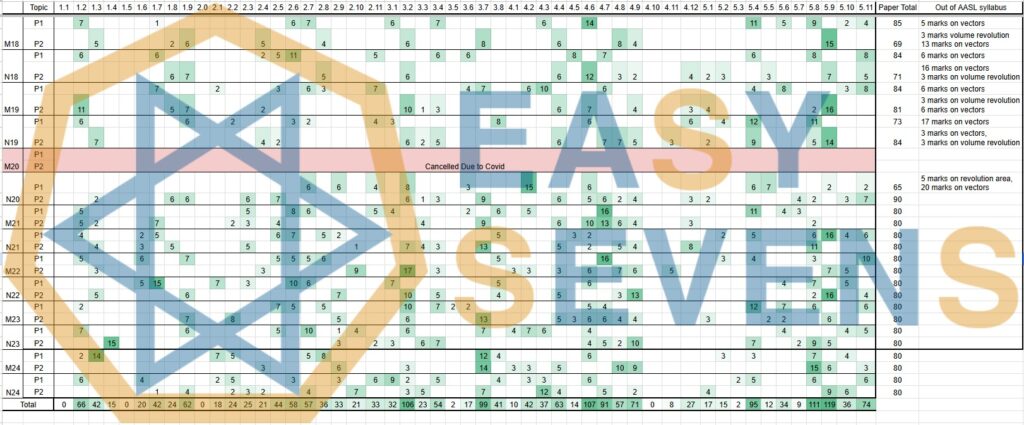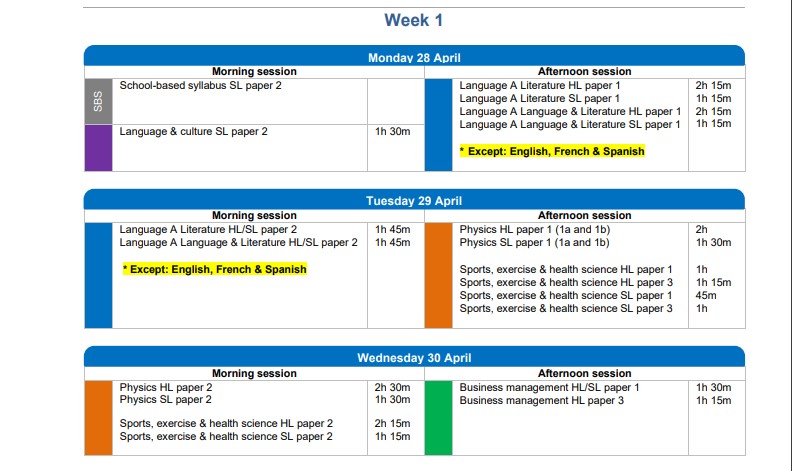Entering the realm of higher education is a thrilling prospect, but for many students, the road to college is not without its hurdles. One of the significant challenges faced by aspiring university students is the specter of low predicted IB grades. The International Baccalaureate (IB) program is rigorous, and sometimes, despite your best efforts, predicted grades might not reflect your true potential. Fear not! In this article, we’ll explore creative and effective strategies to overcome this challenge and present a compelling application.
Understanding the Situation
Analyzing the Why
Before diving into solutions, it’s crucial to understand why your predicted IB grades might not align with your capabilities. It could be due to various reasons:
- Initial Struggles: The IB program often has a steep learning curve. Initial challenges do not necessarily define your overall performance.
- External Factors: Personal issues, health problems, or other external factors might have impacted your performance during the predictive assessment.
- Subject-Specific Challenges: Difficulty in a particular subject can skew the overall prediction. Identifying weak points is key to addressing them.
Crafting Your Narrative
Personal Statement Power
Universities don’t view applicants as mere grades on paper; they are interested in the person behind those scores. Your personal statement is a powerful tool to craft your narrative and showcase your strengths:
- Highlight Achievements: Emphasize achievements, extracurricular activities, or personal projects that demonstrate your skills and passion.
- Address Challenges: If applicable, briefly touch upon the challenges you faced during the predictive assessment, but focus on how you’ve learned and grown from them.
Seeking Additional Recommendations
The Power of References
Enlist the support of teachers who know you well and can vouch for your abilities:
- Teacher Recommendations: Request recommendations from teachers who can provide insight into your character, work ethic, and potential beyond grades.
- Extracurricular Mentors: If you have excelled in extracurricular activities, a recommendation from a mentor or university counselor in those pursuits can add a valuable dimension to your application.
Demonstrating Growth
Showcase Improvement
Actions speak louder than grades. Showcase your commitment to improvement:
- Retake Exams: If possible, consider retaking specific subjects to demonstrate your dedication and improvement.
- Online Courses or Certifications: Undertaking relevant online courses or certifications can signal proactive learning and a commitment to your chosen field.
Addressing Weaknesses Head-On
Turning Weaknesses into Strengths
Rather than avoiding the issue, address your weaknesses head-on:
- Explaining Weak Grades: In a clear and concise manner, explain any weaknesses in your application due to low predicted grades.
- Mitigating Circumstances: If there were specific circumstances contributing to low grades, explain them. Be honest and transparent.
The Importance of Additional Materials
Beyond Grades
Supplement your application with additional materials that showcase your abilities:
- Portfolio: If applicable, create a portfolio showcasing your work in relevant subjects or projects.
- Passion Projects: Highlight any personal or academic projects that demonstrate your enthusiasm and skills.
Conclusion
In the face of low predicted IB grades, all is not lost. Admissions officers understand that students are more than the sum of their grades. Craft a compelling narrative, seek support from mentors, showcase growth, and supplement your application with materials that reflect your true potential.
FAQ
Absolutely! Your personal statement is an opportunity to provide context to your application. Briefly address the challenges faced during the predictive assessment, emphasizing what you’ve learned and how you’ve grown.
Retaking exams can be a strategic move if you believe it will significantly impact your application. However, weigh the potential benefits against the time and effort required.
Teacher recommendations are a crucial component of your application. Choose teachers who know you well and can provide insights into your character and potential beyond grades.
Yes! Supplement your application with a portfolio, passion projects, or any relevant materials that showcase your skills and enthusiasm for your chosen field.
Absolutely. Be honest and transparent about any weaknesses in your application. Admissions officers appreciate authenticity and a proactive approach to addressing challenges.




